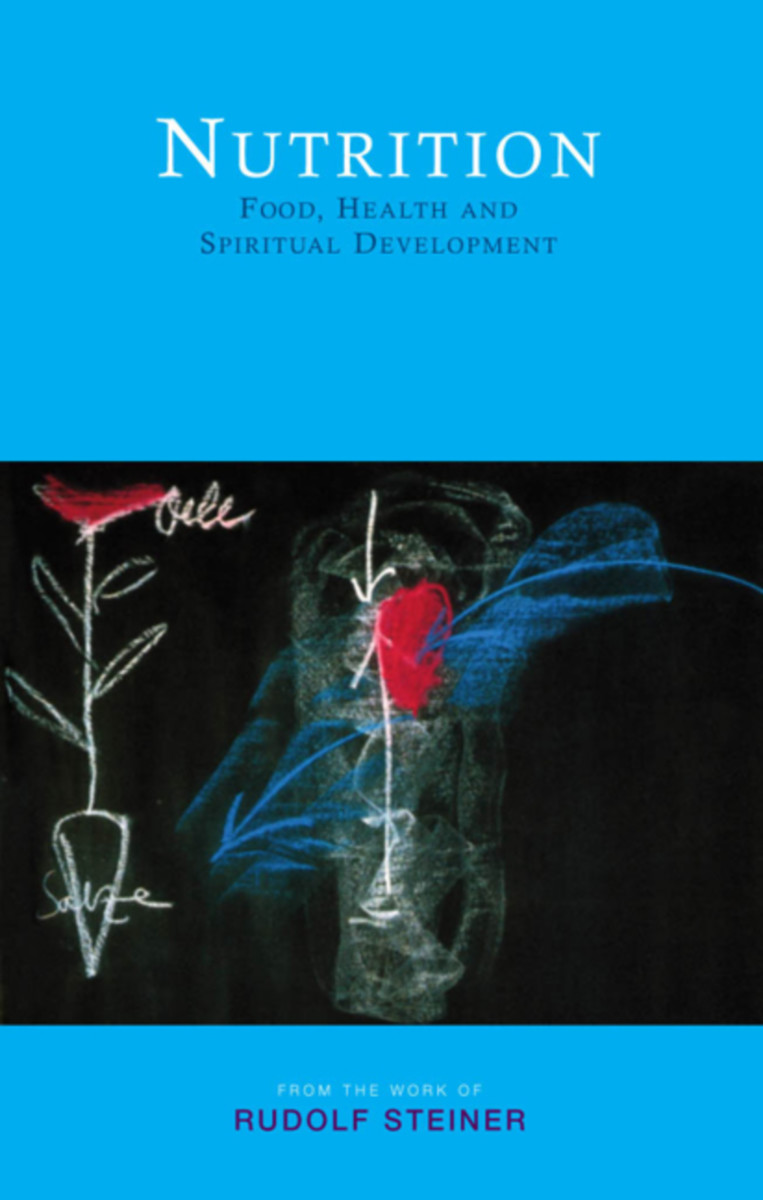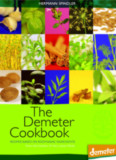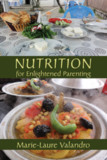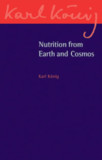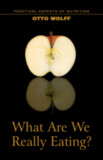Nutrition
Food, Health, and Spiritual Development
- Publisher
Rudolf Steiner Press - Published
3rd February 2009 - ISBN 9781855842106
- Language English
- Pages 192 pp.
- Size 5.5" x 8.5"
Selected lectures from various volumes in The Collected Works of Rudolf Steiner
Our instinctive knowledge of which foods are beneficial and which ones are detrimental seems to be fading increasingly as a human capacity. People are bombarded with advice, information, and prescriptions as to what to eat and drink, but the issues concerning nutrition—matters of health, diet, taste, sustainability, and ecology—remain largely unresolved and even ignored.
Unlike most who have spoken out on this subject, Rudolf Steiner approaches the theme of nutrition in a refreshing and open way. He never tries to tell us what we should or should not be putting into our bodies; he does not recommend an omnivorous, vegetarian, or vegan diet; nor does he tell us not to smoke or drink alcohol. His job as a scientist, he says, is simply to explain how things work and their effects; what we do with that information is up to us. On the other hand, he emphasizes that our diet not only determines our physical well being, but can also hinder or promote one’s inner spiritual development.
In this carefully collated anthology (including an introduction, commentary, and notes by Christian von Arnim), Rudolf Steiner considers nutrition in the light of his anthroposophic spiritual-scientific research. He explains the impact of raw food, vegetarian, and meat diets; the effects of protein, fats, carbohydrates, and salts; individual foods such as potatoes, beets, and radishes; and the impact of alcohol and nicotine.
The insights in Nutrition are vital to anyone with a serious interest in health, diet, and spiritual development.
Rudolf Steiner
Rudolf Steiner (b. Rudolf Joseph Lorenz Steiner, 1861–1925) was born in the small village of Kraljevec, Austro-Hungarian Empire (now in Croatia), where he grew up. As a young man, he lived in Weimar and Berlin, where he became a well-published scientific, literary, and philosophical scholar, known especially for his work with Goethe’s scientific writings. At the beginning of the twentieth century, he began to develop his early philosophical principles into an approach to systematic research into psychological and spiritual phenomena. Formally beginning his spiritual teaching career under the auspices of the Theosophical Society, Steiner came to use the term Anthroposophy (and spiritual science) for his philosophy, spiritual research, and findings. The influence of Steiner’s multifaceted genius has led to innovative and holistic approaches in medicine, various therapies, philosophy, religious renewal, Waldorf education, education for special needs, threefold economics, biodynamic agriculture, Goethean science, architecture, and the arts of drama, speech, and eurythmy. In 1924, Rudolf Steiner founded the General Anthroposophical Society, which today has branches throughout the world. He died in Dornach, Switzerland.


